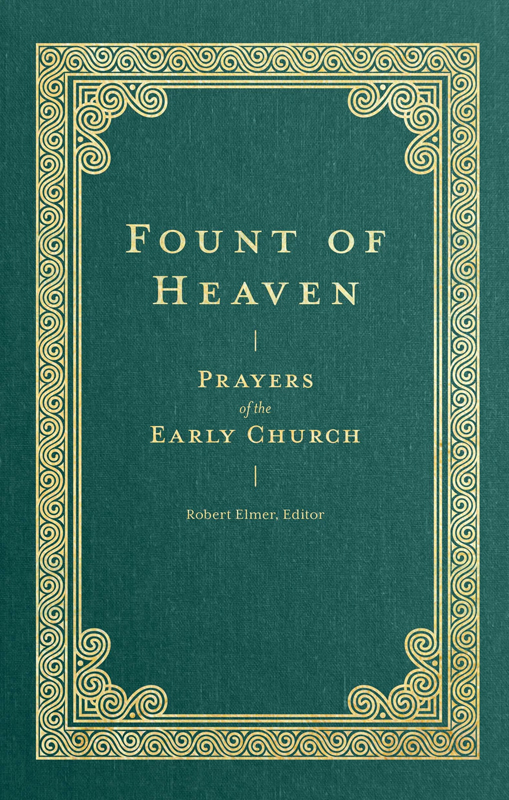“Fount of Heaven,” edited by Robert Elmer, is a book of assembled prayers from the Early Church. First published in 2022 by Lexam, these prayers originated from the writings of individuals within the patristic era and were written as correspondence to God for centuries. These writings extend from the first and second centuries AD to hundreds of years later. The prayers of these historical figures transcended hardships as the growth and spread of the church continued to grow across geographies of immense distance.
So, the purpose of this book is to bring into view the written prayers of people who had a lot to say to God as acts of adoration, confession, gratitude, and intercession. As I read this book over months to learn more about prayer and the thoughts of people I admire, I’ve had a growing desire to develop a better prayer life with greater depth and range. This book was one of the ways personal development in this area became more achievable. This meant reading through people’s thoughts as their prayers were translated into English. To learn their thoughts about their convictions, concerns, confessions, and life struggles since they spoke and wrote to God authentically and reverently.
While the saints and influential leaders of the patristic era were literate and well-educated enough to produce writings that conveyed their personal prayer lives, today, we have their perspectives through the lens of accountability since they offered their voices and pens before God. What they said revealed true beliefs and methods of prayer that record for all time interaction with the Spirit and the Word that helps people to witness and agree to the offerings given. These prayers serve as a model of communication reminiscent of our Lord’s prayer that Jesus taught the apostles.
Topically, the prayers are categorized to fit life circumstances that were upon the early church fathers. Those circumstances often match what the reader encounters today. In a spiritual sense, the adoration, worship, and pleas for guidance, mercy, or presence often resonate to build a larger range of prayer language of readers immersed in the writers’ thoughts. A walkthrough on the topics of interest includes praise, remembrance, restoration, peace, healing, grace, protection, guidance, truth, freedom, strength, perspective, and church life. Moreover, patristic forms of morning and evening prayers are examples for readers to incorporate into their prayer lives.
Finally, this text shouldn’t be read and then go back on the shelf and remain there indefinitely. This book is an actual prayer book of credibility and brings into your own life in agreement with the saints of long ago. Letting their words permeate your mind to offer common and personal prayers spoken and written to God is an effective way of learning how to pray and what to pray in a structured and more substantive form.
The ancient early church fathers and writings appear within this book as follows:
- Adæus and Maris
- Ambrose of Milan
- Anatolius of Constantinople
- Arnobius
- Athenogenes
- Augustine of Hippo
- Ausonius
- Basil of Caesarea
- Clement of Alexandria
- Clement of Rome
- Cyril of Jerusalem
- Ephraim the Syrian
- Eusebius
- Gregory Nanzianzen
- Gregory of Nyssa
- Irenaeus of Lyons
- John Cassian
- John Chrysostom
- Lactantius
- Macarius of Egypt
- Melito of Sardis
- Methodius of Olympia
- Paulinus Pellaeus
- Polycarp
- Serapion Scholasticus
- Shamuna the Martyr
- Synesius
- Tertullian
- Theodoret
- Venantius
- Apostolic Constitutions
- The Didache
- Odes of Solomon

















